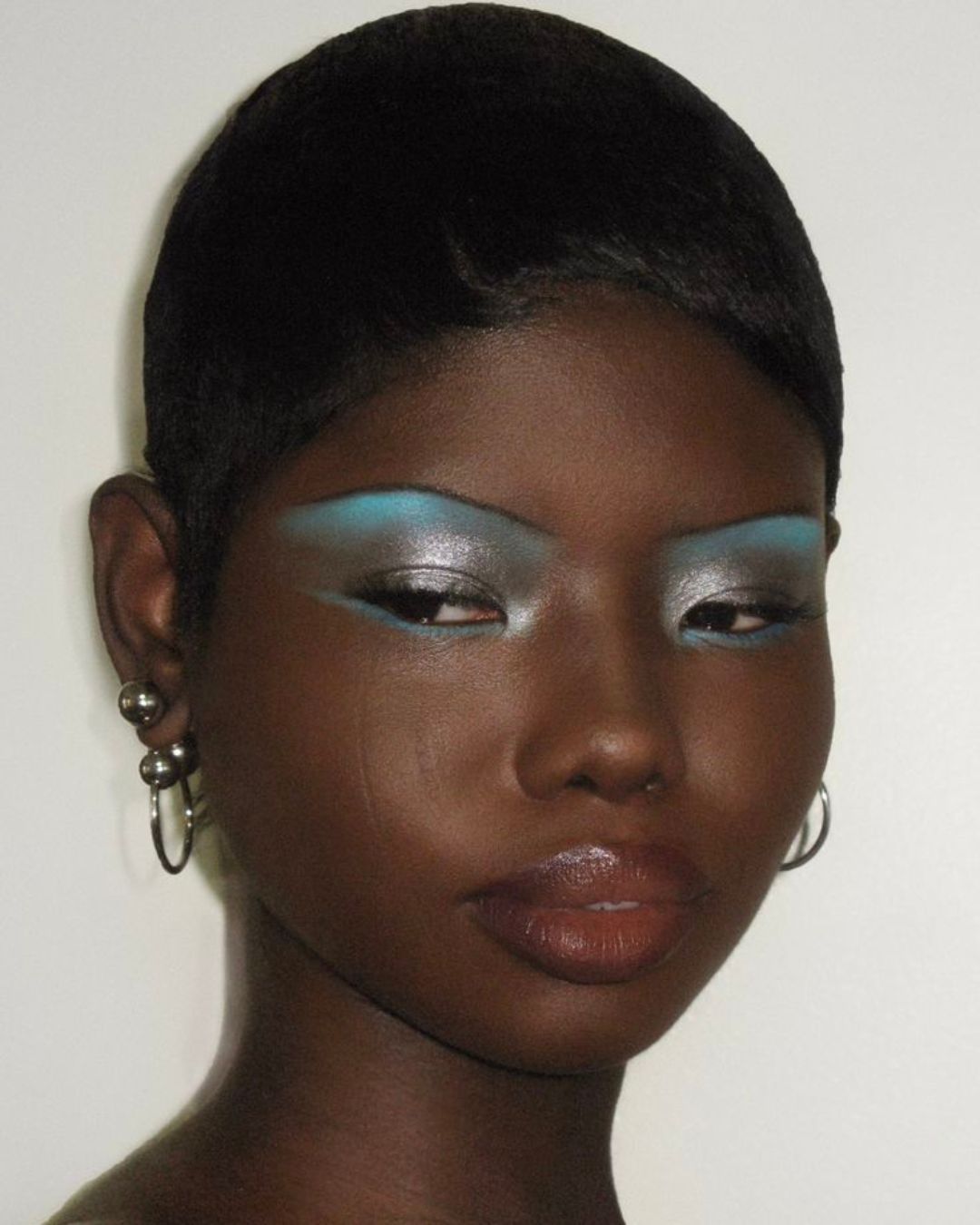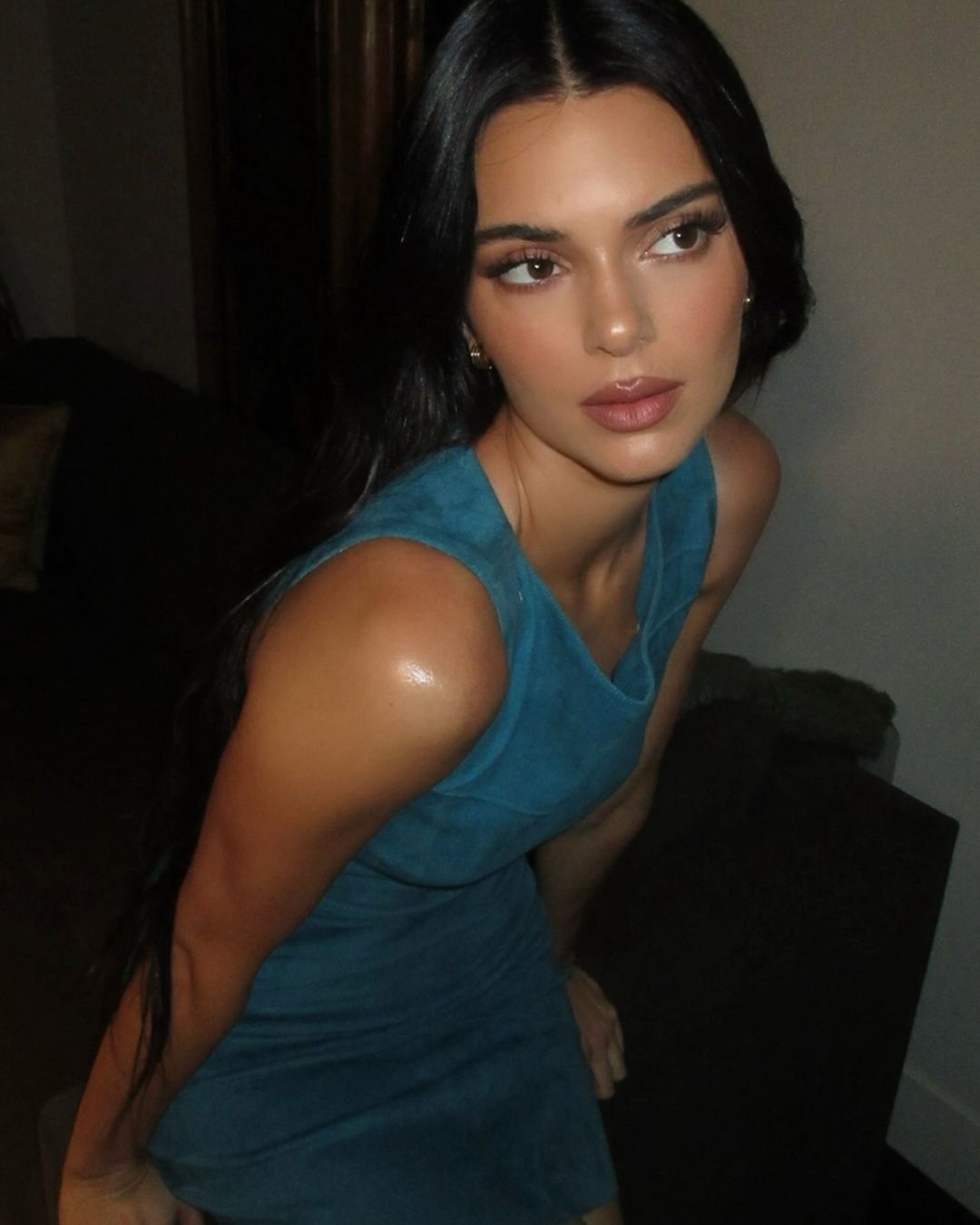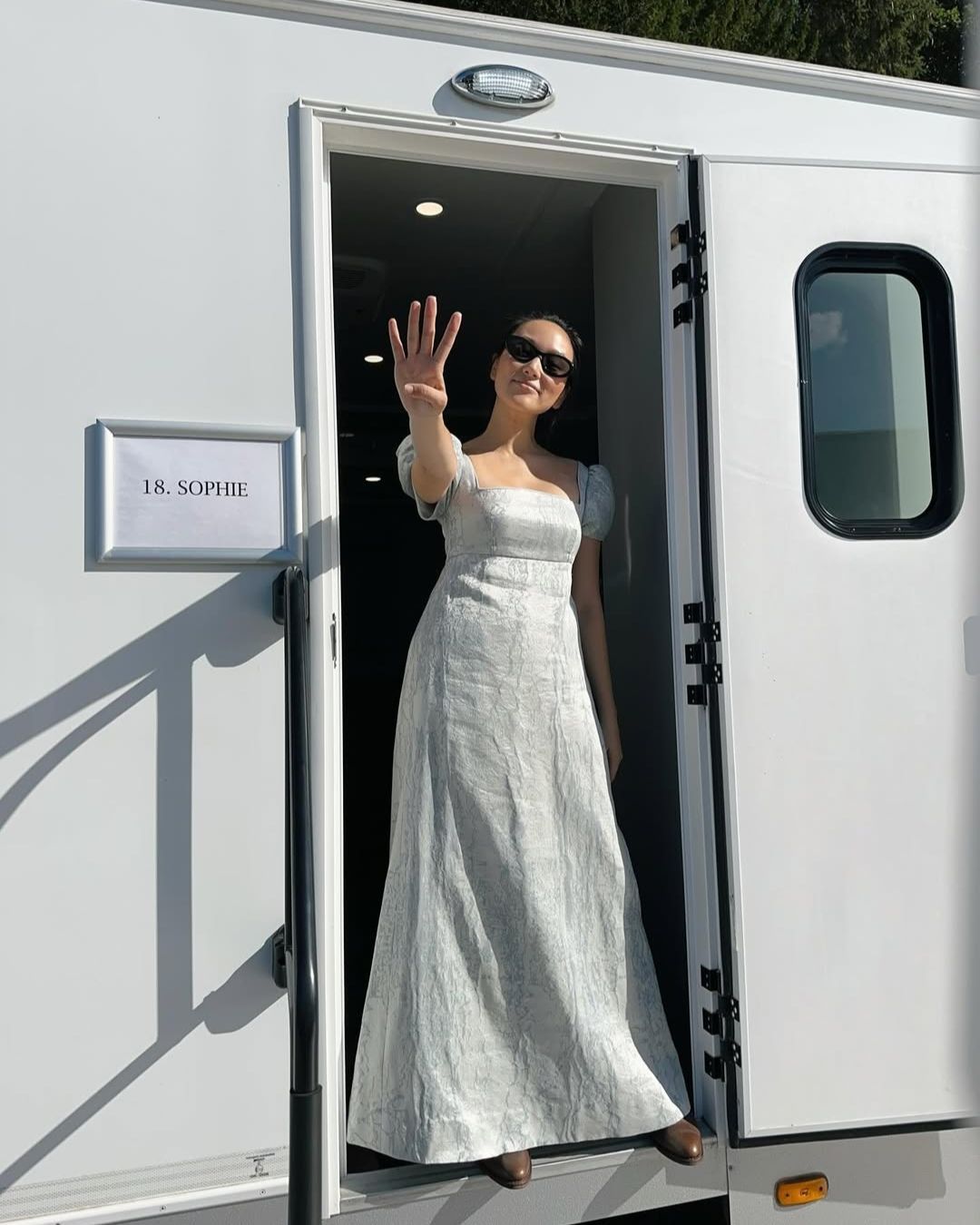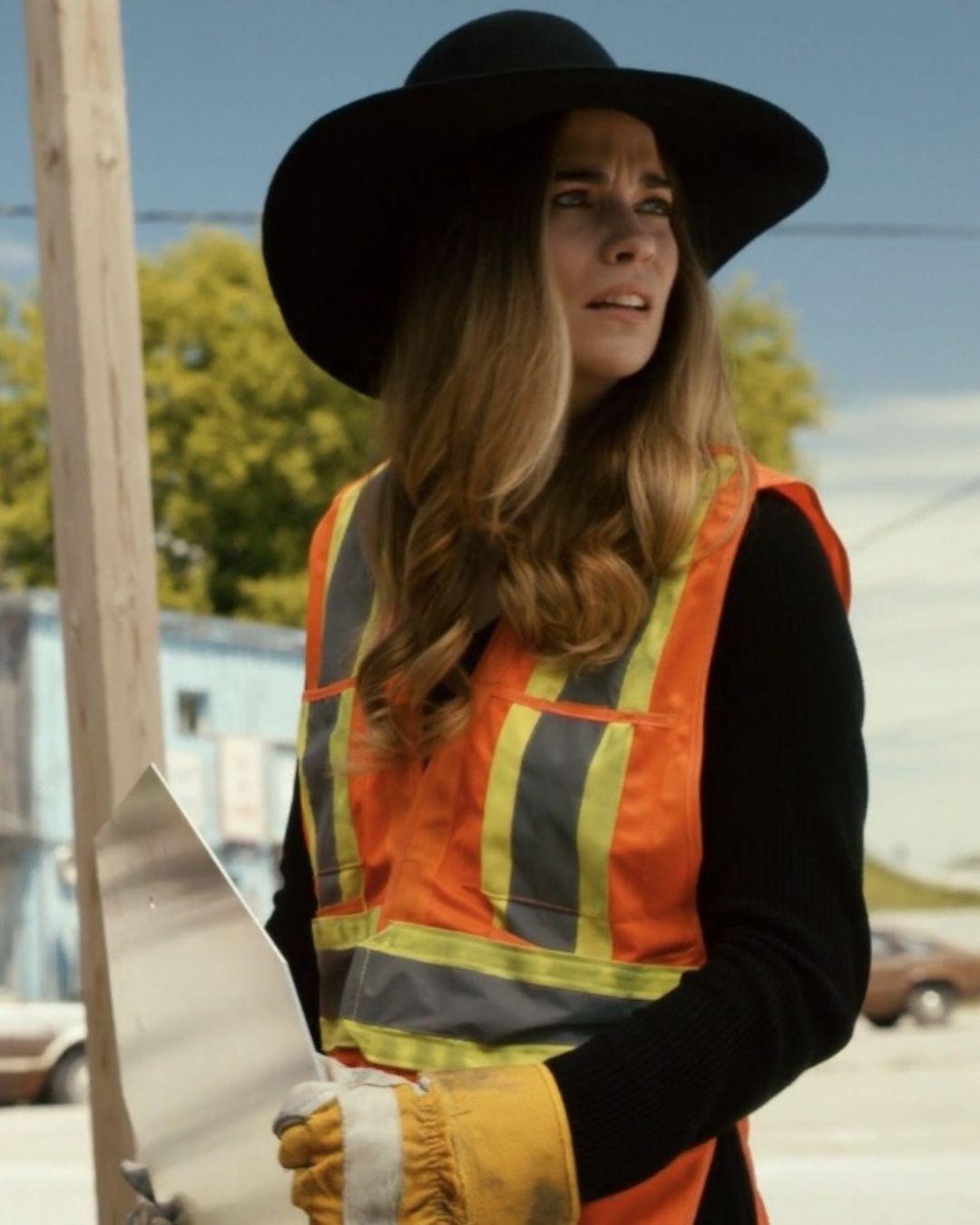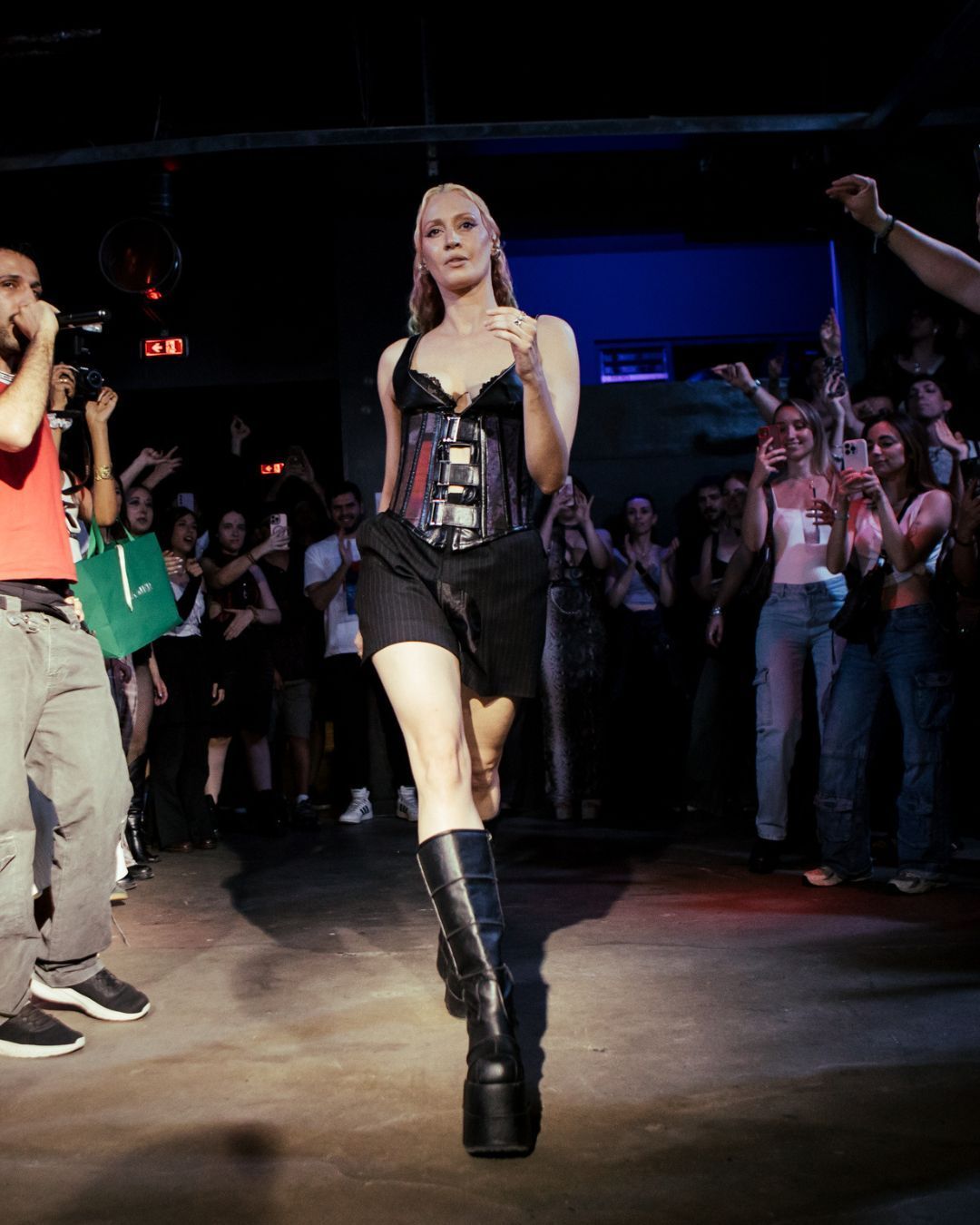
Glow up becomes looksmaxing: the sinister drives behind the desire to improve oneself Is it right to ask social media how to look better?
When Gossip Girl premiered on Italy 1, my classmates and I were completely captivated, especially by the protagonists' fashion sense. Despite their youth, they dressed elegantly and extravagantly at all times, even for school. Influenced deeply by these thirty-somethings pretending to be sixteen, we devised a strict plan: before going to school, we absolutely had to straighten our hair, put on makeup, and wear something eccentric. In our case, it often involved wearing large earrings. Unbeknownst to us, we were attempting a glow-up inspired by Blair, Jenny, and Serena. We not only wanted to be like them, but also cuter, more sophisticated, and overall cooler. To achieve this, we began making easy, accessible changes to our appearance. This example, from simpler times before Instagram (though it was on its way), leads us to discuss new trends: looksmaxing or "how I can look prettier".
We all want to be more beautiful, but who sets the standard?
The desire to be the best and most beautiful version of ourselves is normal and understandable, existing since the dawn of time. It's also normal, for our idea of who we want to be, to change periodically, pushing us to experiment with looks in an attempt to understand and achieve the appearance, feeling, and perception we desire. However, it's nearly impossible to separate our personal idea of beauty from the one imposed by society, which for a long time seemed to be the only one possible. It's not a coincidence - although we weren't fully conscious of it - that Blair and Serena were also white, slim, and conventionally beautiful.
@ayandastood it's been a long time !!!! #beautypolitics #beautystandards #eurocentricbeautystandards original sound - Ayandastood
Looksmaxing
This natural and social tendency is taken to its extreme by social media culture, particularly in two ways. On one hand, there's the concept of looksmaxing. This term, borrowed from incel forums, encompasses any effort to enhance one's physical appearance, from going to the hairdresser to plastic surgery, including the alarming method of "bonesmashing" where many guys attempt to alter the profiles of their faces to make them more traditionally masculine and attractive. Sometimes, looksmaxing takes on racial meanings, with cosmetic procedures aimed at acquiring physical features typical of white Europeans, known as "whitemaxing". Online there are actual guides, pyramids of cosmetic interventions: at the base are the simplest and "softest" ones, at the top, the most invasive and demanding. Needless to say, these practices, especially if invasive and done independently after reading miles and miles of incel-written interventions, are driven by superficial and sinister motivations, based on a distorted, misogynistic, and simplistic view of reality.
@thedigifairy The pendulum is always shifting #howcanibeprettier #glowup #looksmaxxing #beautycapital #beautystandards #kimkardashian #savagexfenty #fyp #foryoupage A Day in My Life - Soft boy
How can I be prettier?
On the other end of the spectrum, hopefully far, far away from incel forums, increasingly young girls turn to the potentially vast audience of TikTok to ask, "How can I make myself prettier?". In the comments, people are very (perhaps too?) honest with their suggestions. Some limit themselves to talking about makeup and hairstyles, while others get straight to the point: call a plastic surgeon. Often, this initial video turns into a series documenting small and big changes, making adjustments based on received advice or personal judgment. Sometimes, there's a happy ending: an insecure girl discovers she loves one of the suggestions, embarking on a fruitful journey to find her personal style, managing to balance her possibilities and tastes with the impulses received from millions of people. Other times, however, a flood of feedback, even if well-intentioned, can be frustrating and lead a person to discover flaws they didn't think they had, paradoxically making them even more insecure. Putting oneself out there in this way is brave, but also reckless: you never know who will respond and with what intention. The goals vary too: some girls pose the crucial question to TikTok's masses to appear more eccentric or more self-assured, while others aim to be more attractive, more sensual, more ready to meet someone. In short, the community is growing and expanding, both in terms of numbers and themes and, according to The Digital Fairy, the hashtag "howcanIbeprettier" has 46 million views, while "bebrutallyhonest" has 3.
@carrie9753 #stitch with @
Asking the Right Question
What do these two trends have in common? Both are growing, and both seem to stem from the same belief: being beautiful pays off, keeping up with aesthetic trends and making ourselves as traditionally attractive as possible pays off too. The underlying drive, the desire for self-improvement, could be positive if it weren't for sinister, obsessive, and individualistic motives, based on misguided or superficial ideas. In the case of incels, the obsession is misogynistic and patriarchal, born of sick beliefs. To combat it, we should rethink the role and priorities of contemporary men and their consideration of the female gender. For girls on TikTok - who face this misogynistic and patriarchal view in more or less visible ways every day of their lives - it could have deleterious effects, making them feel like they're never enough and causing them to fixate on their appearance. Instead of asking "How can I be prettier?", we could shift the focus to something else every now and then. Like empathy and empowerment that transcend the external and focus on the internal.




















